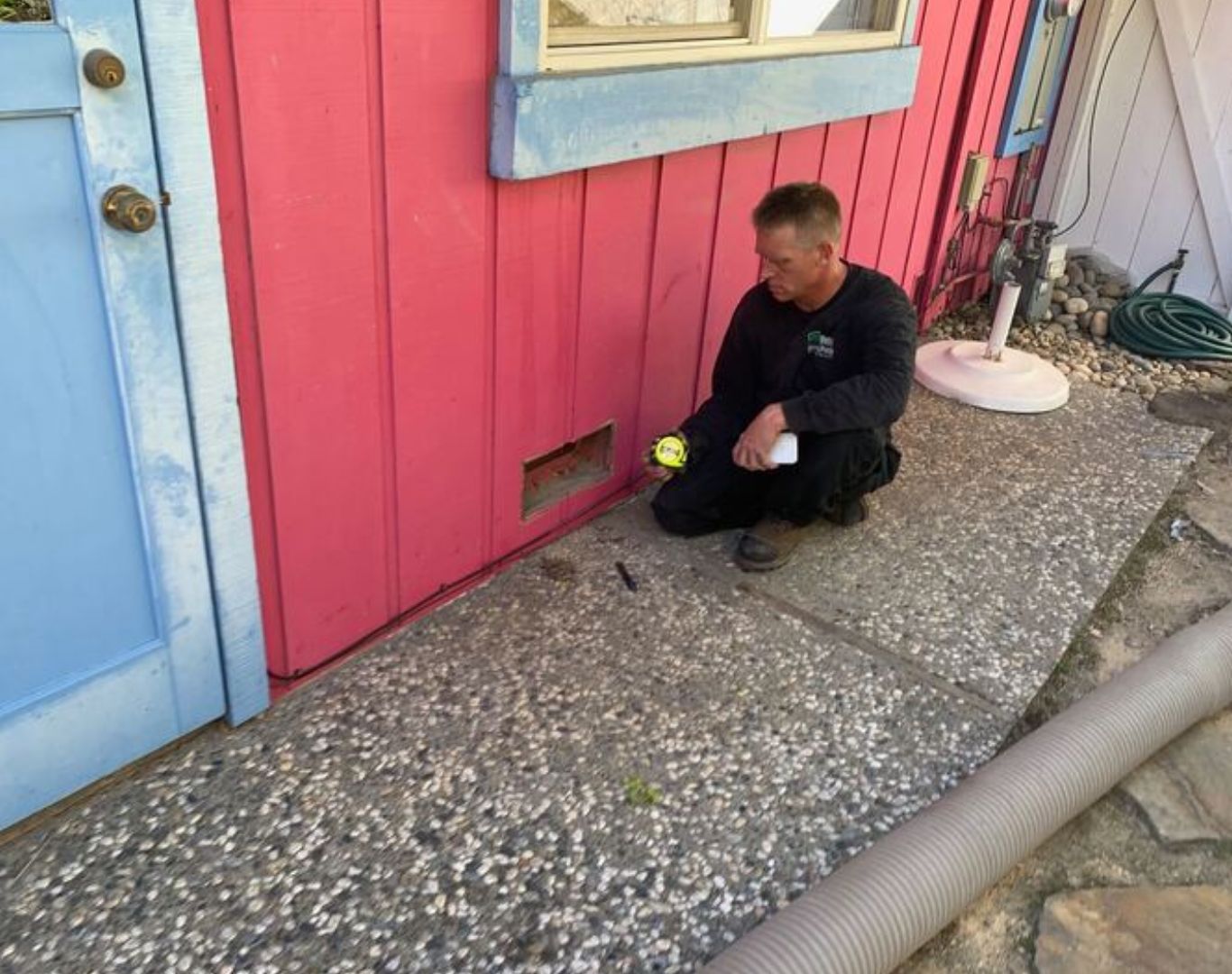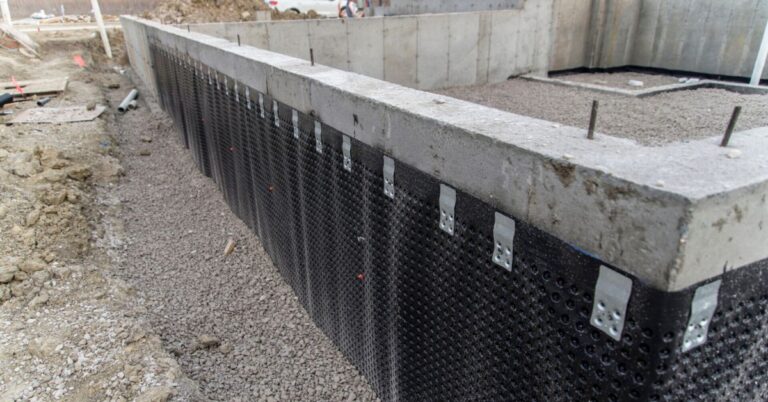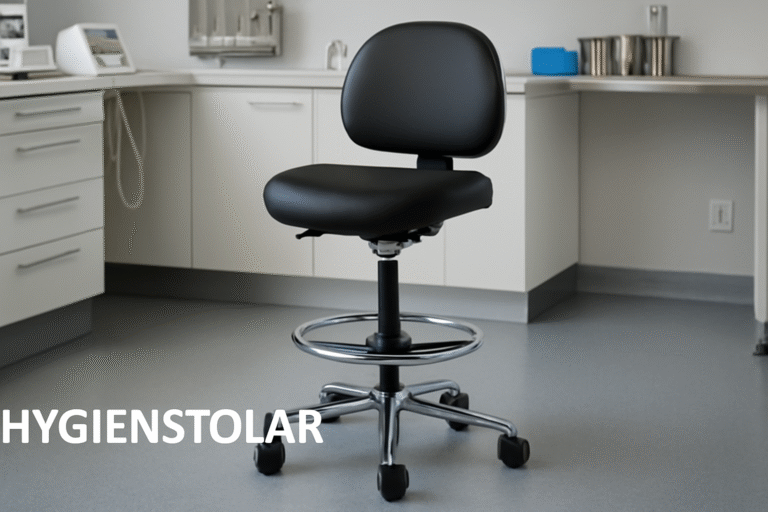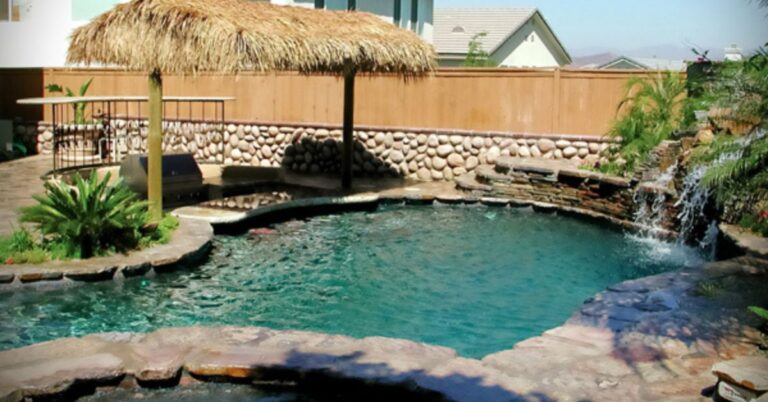The Hidden Costs of Skipping Professional Rodent Inspection

Property damage from rodent infestations costs U.S. businesses and homeowners billions of dollars annually. Yet many organizations still view professional rodent inspection as an optional expense rather than a critical investment in property protection.
The reality is that rodent problems rarely announce themselves until significant damage has already occurred. By the time you notice droppings, hear scratching sounds, or smell unusual odors, rodents may have been quietly destroying your property for weeks or months. Professional rodent inspection services offer a proactive approach that can save thousands in repair costs while protecting your reputation and ensuring regulatory compliance.
Understanding when and why to invest in professional rodent inspection services can mean the difference between minor preventive measures and major structural repairs. This comprehensive analysis examines the true value of professional rodent inspection and why cutting corners on this service often leads to far greater expenses down the road.
Why DIY Rodent Detection Falls Short
Most property owners rely on obvious signs like droppings or visible damage to detect rodent problems. This reactive approach misses the early stages of infestation when intervention is most effective and least expensive.
Professional rodent inspection goes far beyond what untrained eyes can detect. Certified inspectors understand rodent behavior patterns, seasonal migration trends, and the subtle environmental factors that attract different species. They can identify potential entry points that homeowners typically overlook, such as gaps around utility penetrations, damaged weatherstripping, or small cracks in foundation walls.
The tools and techniques used by professional services also surpass standard DIY methods. Thermal imaging cameras can detect heat signatures from rodent nests hidden within walls. Moisture meters identify areas where rodent urine has created ongoing damage. UV lights reveal urine trails invisible to the naked eye, helping map the full extent of rodent activity.
Perhaps most importantly, professional inspectors can distinguish between different rodent species, each requiring specific treatment approaches. Misidentifying the type of rodent problem leads to ineffective solutions and wasted time and money.
The Commercial Case for Regular Rodent Inspection
Businesses face unique challenges when dealing with rodent problems. Beyond property damage, companies must consider regulatory compliance, customer perception, and potential liability issues.
Food service establishments, healthcare facilities, and manufacturing plants operate under strict health and safety regulations. A single rodent sighting during a regulatory inspection can result in fines, temporary closures, or license revocation. Regular professional rodent inspection helps ensure compliance and provides documentation that demonstrates due diligence in pest prevention.
Retail businesses and office buildings also benefit from proactive rodent inspection. Customer complaints about rodent sightings can damage a reputation and lead to lost business. Employees working in rodent-infested environments may experience health issues or decreased productivity. Some insurance policies require regular pest inspections to maintain coverage for certain types of property damage.
The frequency of commercial rodent inspection varies by industry and risk level. High-risk facilities like restaurants or food processing plants may need monthly inspections, while office buildings might require quarterly assessments. Working with a professional service helps determine the appropriate inspection schedule based on your specific business needs and risk factors.
Technology Advances in Professional Rodent Inspection
Modern rodent inspection services employ sophisticated technology that wasn’t available even a few years ago. These advances make professional inspections more thorough and accurate than ever before.
Digital monitoring systems can track rodent activity continuously, providing real-time alerts when problems develop. Smart traps equipped with sensors send notifications when triggered, allowing for immediate response. Smartphone apps enable inspectors to document findings with photos, measurements, and GPS coordinates, creating detailed records for future reference.
Drone technology is increasingly used for inspecting rooflines, attics, and other hard-to-reach areas where rodents commonly enter buildings. This aerial perspective can reveal entry points and damage that would otherwise require expensive scaffolding or specialized equipment to access.
Laboratory analysis of droppings and other evidence provides precise species identification and can even determine the size of rodent populations. This scientific approach enables more targeted and effective treatment strategies compared to general pest control methods.
Calculating the ROI of Professional Rodent Inspection
The cost-benefit analysis of professional rodent inspection consistently favors regular service over reactive pest control. Consider the potential expenses of an undetected rodent problem: structural damage from gnawing, electrical fire risks from chewed wires, contaminated inventory, health department violations, and customer complaints.
A typical professional rodent inspection costs between $150 and $400, depending on property size and complexity. Compare this to the average cost of rodent damage remediation, which often exceeds $3,000 for residential properties and can reach tens of thousands for commercial facilities.
Insurance claims data reveal that rodent damage costs continue rising each year. Properties with documented regular inspection and maintenance typically receive better claim outcomes and lower premiums. Some insurers now offer discounts for properties with certified pest management programs that include regular professional inspections.
The peace of mind factor also carries value. Property owners who invest in regular rodent inspection sleep better knowing their investment is protected. Business owners can focus on operations rather than worrying about potential pest problems that could disrupt their activities.
Choosing the Right Rodent Inspection Service
Not all rodent inspection services offer the same level of expertise or value. Selecting the right provider requires careful evaluation of credentials, methods, and service offerings.
Look for services with certified inspectors who hold relevant licenses and continuing education credentials. Industry certifications from organizations like the National Pest Management Association indicate professional competence and commitment to best practices.
Comprehensive service packages should include detailed written reports, photographic documentation, and specific recommendations for addressing identified issues. The best services also offer ongoing monitoring programs and can coordinate with pest control professionals when treatment becomes necessary.
Pricing transparency is essential. Reputable services provide clear pricing structures and detailed estimates. Be wary of companies that require large upfront payments or pressure you into long-term contracts without providing adequate service details.
References from similar properties provide valuable insights into service quality and reliability. Commercial clients should specifically seek providers with experience in their industry and understanding of relevant regulations.
Making Rodent Inspection a Strategic Priority
Professional Rodent Inspection indicates a strategic investment in property protection rather than a maintenance expense. The shift from reactive pest control to proactive inspection saves money, reduces risks, and provides valuable peace of mind.
Property owners who view rodent inspection as essential infrastructure maintenance, similar to HVAC servicing or fire system testing, consistently achieve better outcomes than those who wait for problems to develop. Regular inspection schedules become part of routine property management, ensuring consistent protection year-round.
Start by scheduling a comprehensive baseline inspection to understand your property’s current condition and risk factors. Use this information to develop an ongoing inspection schedule tailored to your specific needs and budget. Remember that investing in professional rodent inspection services pays dividends through reduced repair costs, maintained property values, and protection of your reputation.






